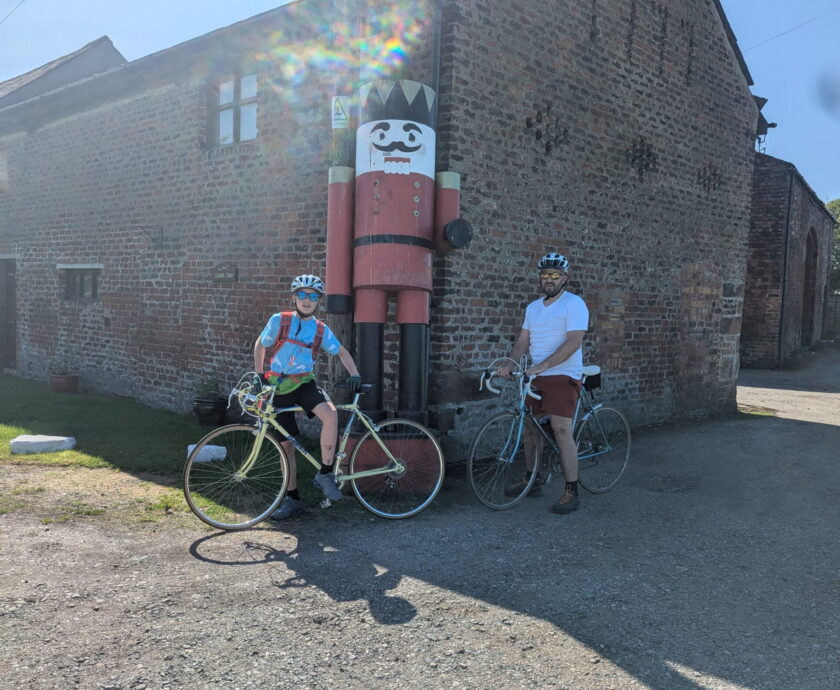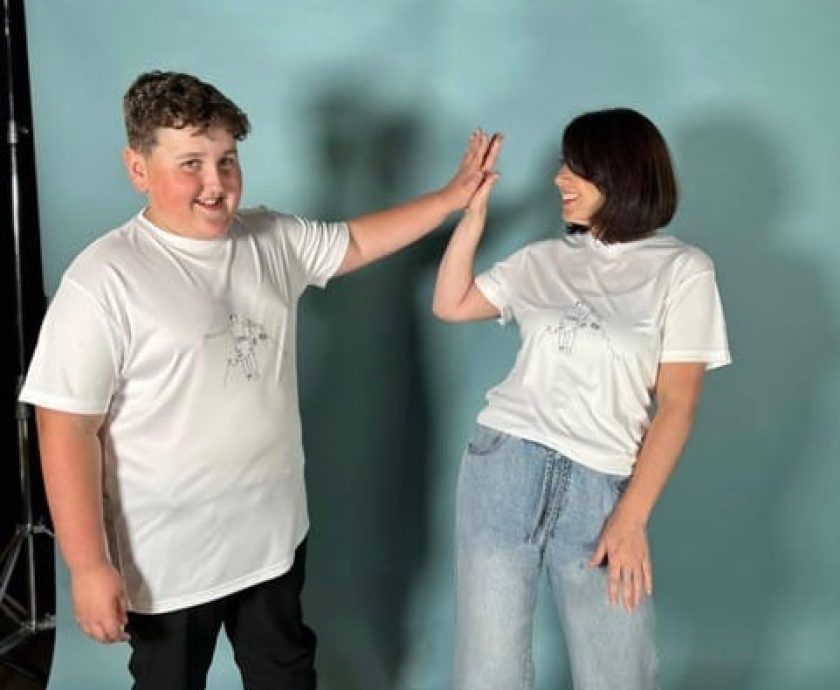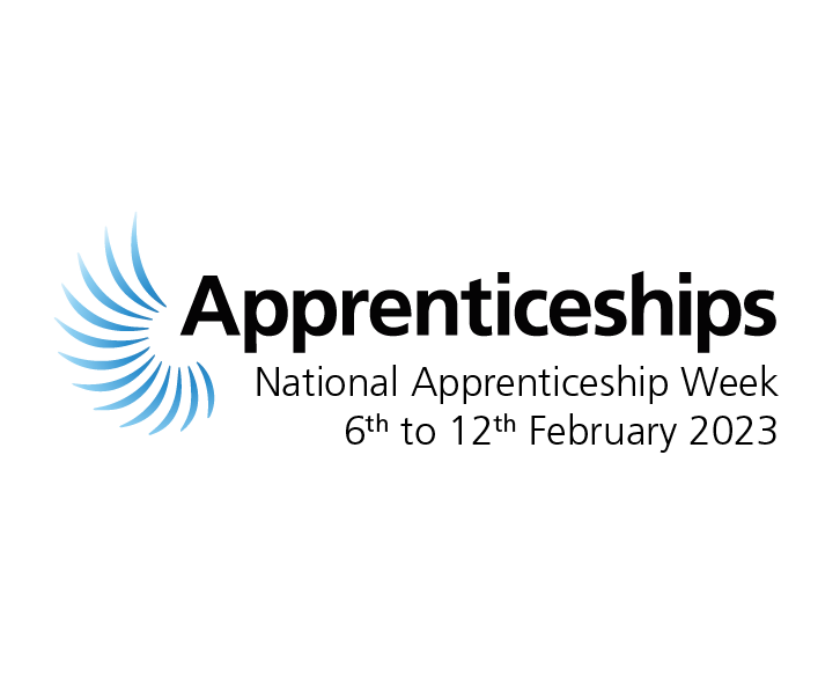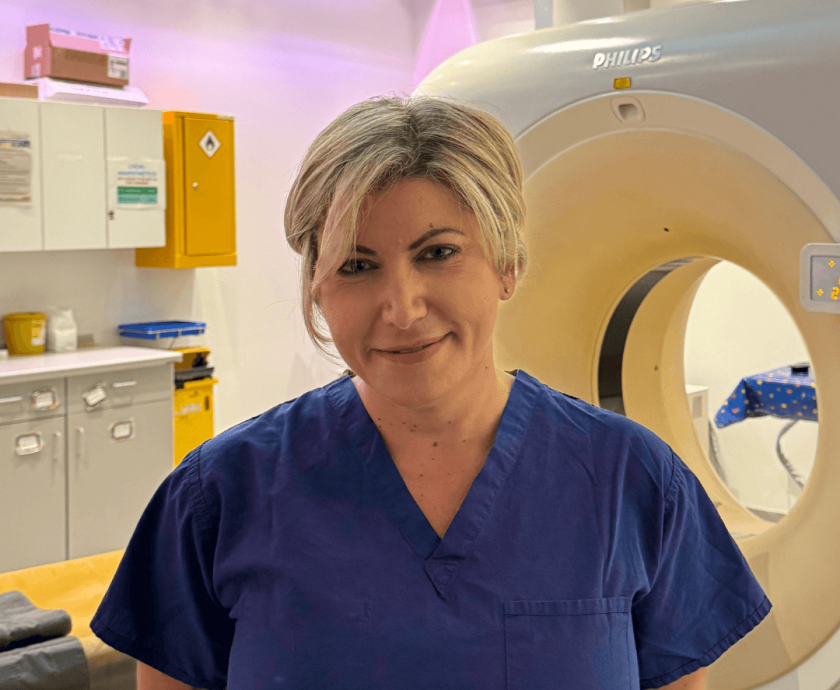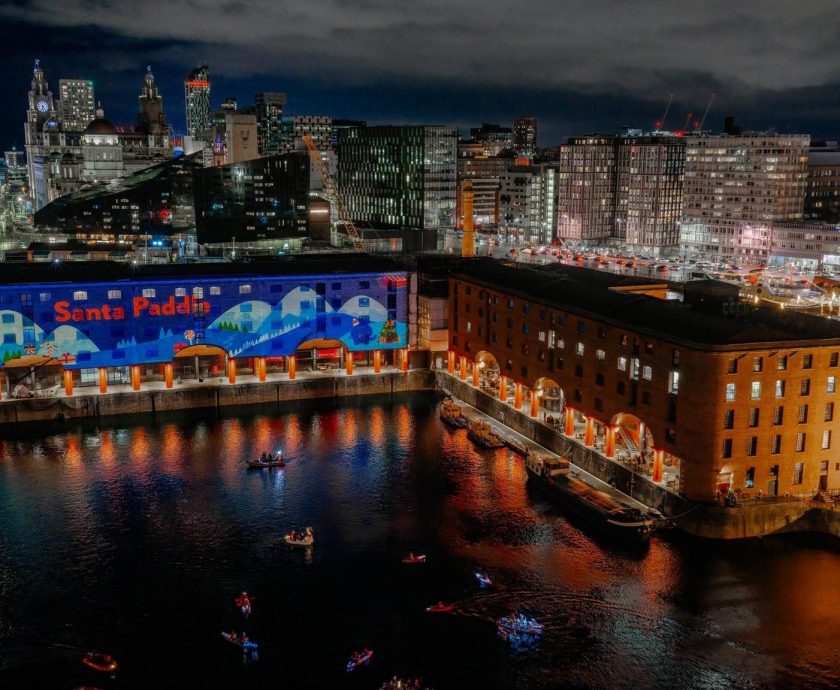Leah’s ‘impossible tumour’ highlights need for CT scanner appeal
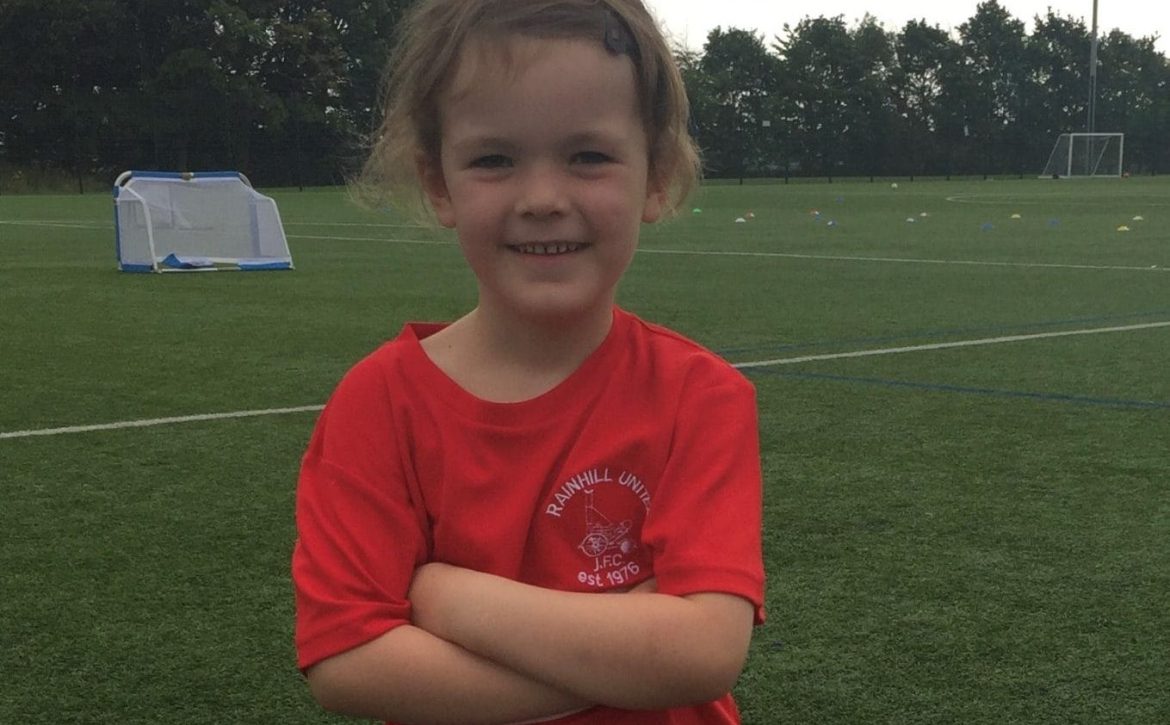
When six-year-old Leah from St Helens began complaining of back pain in November 2018, her family thought it might be something minor. But as the weeks passed, her discomfort grew. Soon, she was struggling to sit up in her car seat, and her energy levels and appetite noticeably declined. Concerned, her GP quickly referred her for further investigation.
At Alder Hey, tests revealed a large tumour located at the base of Leah’s spine. The tumour extended into her abdomen and had grown around the arteries supplying blood to her legs – an extremely complex and rare presentation. Leah’s dad, Stephen, remembers the moment the diagnosis was explained to them. “The realisation of how serious this was hit me like a train. Our hearts just broke. We had never felt so empty and helpless.”
Leah began nine rounds of chemotherapy, but unfortunately, the tumour remained largely unchanged. Surgery soon became the only viable option. Doctors at Alder Hey described it as an “impossible tumour” due to the risks involved; there was just a 10% chance of removing it without causing serious harm. For Stephen and his family, even that small chance was enough. “That was all we needed to hear – a chance.” To prepare for the high-risk surgery, the team at Alder Hey used advanced 3D modelling to print a detailed replica of Leah’s tumour.
This innovative approach helped surgeons plan the intricate operation with greater precision. In August 2019, Leah underwent surgery. After eight hours, her parents received the news they had been hoping for – not only had Leah come through the operation safely, but the surgeons had succeeded in removing most of the tumour. “We broke down into floods of tears,” Stephen said. “What was the worst day of our lives suddenly became the best.”
CT scans were critical throughout Leah’s diagnosis and treatment. These detailed images allowed doctors to assess the extent of the tumour, track her response to chemotherapy, and guide surgical planning. Accurate and timely imaging was essential in shaping decisions at every step of Leah’s journey. However, like many children undergoing repeated scans, the process of lengthy CT scans can bring added stress and risk to an already difficult time, with many young children having to be placed under general anaesthetic as they can’t stay still long enough for the scans to be successfully taken.
Looking ahead, the arrival of the new spectral scanner at Alder Hey will transform this experience for children like Leah. The new machine reduces scan times from several minutes to under 20 seconds – fast enough to eliminate the need for general anaesthetic in most cases. This means a safer, less stressful process for young patients and their families, along with faster results and shorter waiting times.




